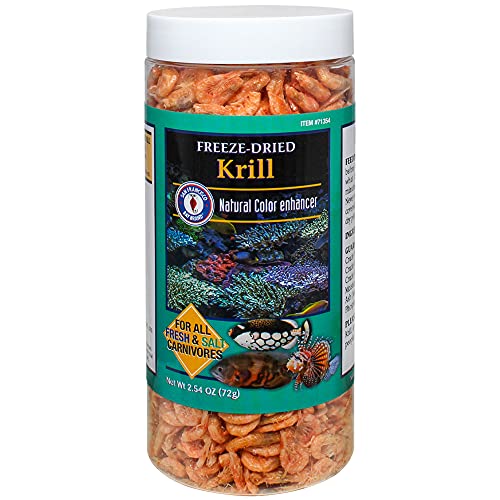Boomer
Well-known member
Yes but the fact remains correct?? the cell can not devide in the presence of calcium with in it? and cell devision is growth correct? And in the case of SPS who can see growth anyways??
Says who at what levels of Ca ++ and under what conditions ? Growth or lack of growth under high Ca++, you are assuming is due to high Ca++. I'm still waitng for my ref on this form you There is a peer-reviewed article that shows coral grow faster under high Ca++ conditions, IIRC 500 ppm Ca++ but Chris has refuted this as they way they ran the experiment.
There is a peer-reviewed article that shows coral grow faster under high Ca++ conditions, IIRC 500 ppm Ca++ but Chris has refuted this as they way they ran the experiment.
Sure it does.
How ?
Also dont most these MG/Sr replacements evetually become replaced themselves??
?? How does Mg++ or Sr++ replace itself if it is not there ?? That explanation of yours needs some explaining of what you mean. What is replacement, i.e, adding additives ?? As far as you sentence goes it sounds you are taking replacement as in aragonite shifting to calcite during fossilization or in early marine diagenesis, called ACT or Neomorphism. Or do you mean if there is not Mg++ or Sr++ it is just replaced with Ca++ or some other ion like Uranium, Barium Lithium ?
Afraid of doing the leg work are we, hehehe Ok how long do I have to run until it goes off???
Nope, it takes lots of time to try and read a gazillion articles on the subject, try to explain them all, when I can an just bring the expert there to fix all up. In this hobby, be it coral biology or seawater chemistry Chris is the #1 guy for me This guy is reallllllllly smart.
This guy is reallllllllly smart.
Says who at what levels of Ca ++ and under what conditions ? Growth or lack of growth under high Ca++, you are assuming is due to high Ca++. I'm still waitng for my ref on this form you
Sure it does.
How ?
Also dont most these MG/Sr replacements evetually become replaced themselves??
?? How does Mg++ or Sr++ replace itself if it is not there ?? That explanation of yours needs some explaining of what you mean. What is replacement, i.e, adding additives ?? As far as you sentence goes it sounds you are taking replacement as in aragonite shifting to calcite during fossilization or in early marine diagenesis, called ACT or Neomorphism. Or do you mean if there is not Mg++ or Sr++ it is just replaced with Ca++ or some other ion like Uranium, Barium Lithium ?
Afraid of doing the leg work are we, hehehe Ok how long do I have to run until it goes off???
Nope, it takes lots of time to try and read a gazillion articles on the subject, try to explain them all, when I can an just bring the expert there to fix all up. In this hobby, be it coral biology or seawater chemistry Chris is the #1 guy for me




























































